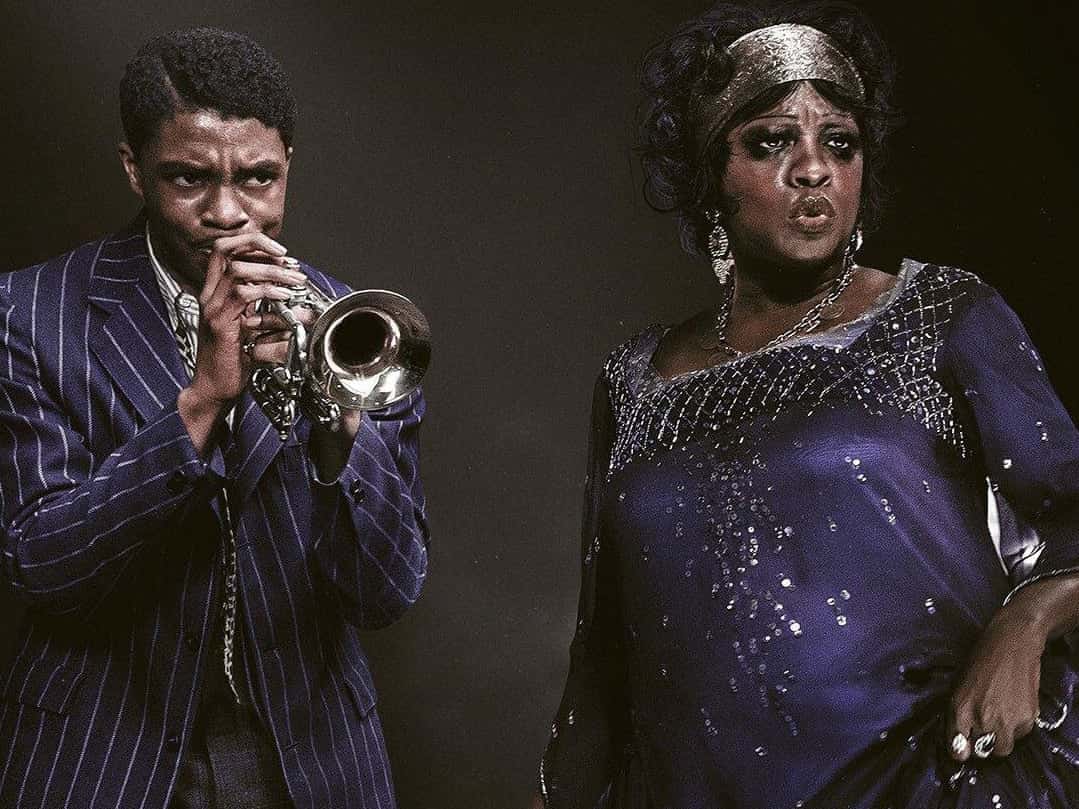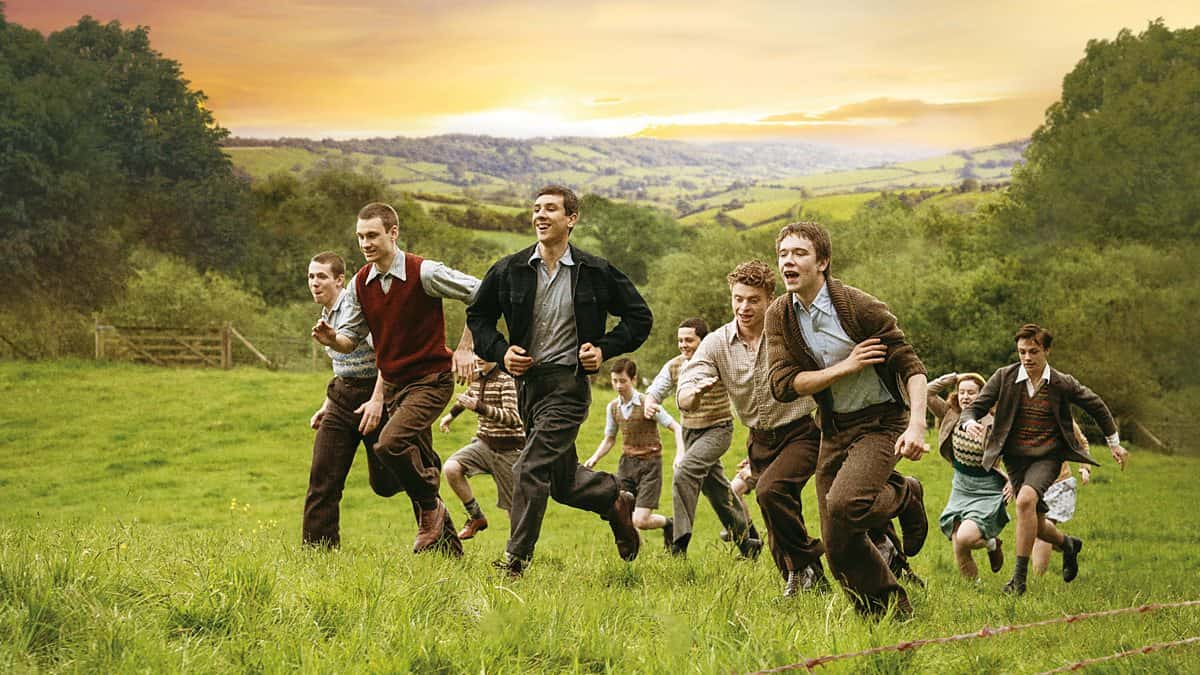Movie Review: Ma Rainey’s Black Bottom
17th February 2021
Copyright: Netflix
With awards season rapidly catching us up, looming over critics and audiences alike similar to a spectre at a rather bland feast, it is no surprise that Ma Rainey’s Black Bottom has received its fair share of nominations. Box office and biopic fodder for a generation that needs whole lives gutted down and highlighted to a bitesize chunk of themes and ideals, rather than a genuine product that gives scope to who this person really was. Still, a fondness for jazz and blues should be enough to carry a project of this sort across the finish line and into a comfortable position of relative mediocrity. I have been wrong before, and, much to my embarrassment, I will be wrong again, for the actual music found in Ma Rainey’s Black Bottom is nowhere close enough to carry this stifled, struggling film.
Viola Davis looks to burrow her way out of the Suicide Squad rut with a sure-fire Academy Awards contender. It is not due to any effective quality or bold performance; it is just a matter of being in the right place at the right time. She seems exhausted, her charisma punctured and removed almost entirely, in its place there is only a shell of what should have been an even somewhat entertaining performance. Still, she is not the only lacking quality here, the cast is filled to the brim with underwhelming moments and creatively devoid bleakness. With the late Chadwick Boseman appearing in a relatively static performance as Levee Green, it is hard to convey much praise for his premature swansong. He offers nothing to write home about here.
A debut script from Ruben Santiago-Hudson, and it is clear to see where the influence of a scriptwriting seminar is within. Name dropping locations and pockets of history that, to the characters found here, are contemporary events, Ma Rainey’s Black Bottom pulls a scope and setting from nowhere unique. It is a boring film. As boring as that previous sentence may be, it is the only way to convey how much of a non-entity this Netflix original is. It would be forgivable if it strayed even ever so slightly off of the Hollywood path, but director George C. Wolfe is afraid to take the training wheels off. Placid camera angles attempt to capture emotive characters, but when the dialogue is something audiences will have heard all before, it is relatively difficult to convey any real meaning or interest to any of it.
Ma Rainey’s Black Bottom is a confounded, boring piece. It attaches itself to blues iconography without much passion or love for the real heart at the centre of this period. Pinstripe suits, stuffy, sickly-looking walls and all the usual trilby-wearing heroes and villains you would assume to find within anything even vaguely similar to the universal appeal Wolfe attempts to offer. Affectionless, cold and heartless, the film does not garner any spirited emotion, nor does it attempt even slightly to break away from that ever-crumbling Hollywood dialogue around the great figures of history. Blues music is a wonderful genre. Soulful musings on a hard-fought right to live, its adaptation to the big screen was an inevitability of the Hollywood machine that shadows much creative media, it is no surprise to see it is put through the same feeble process as other biopics of beloved stars.
![]()


